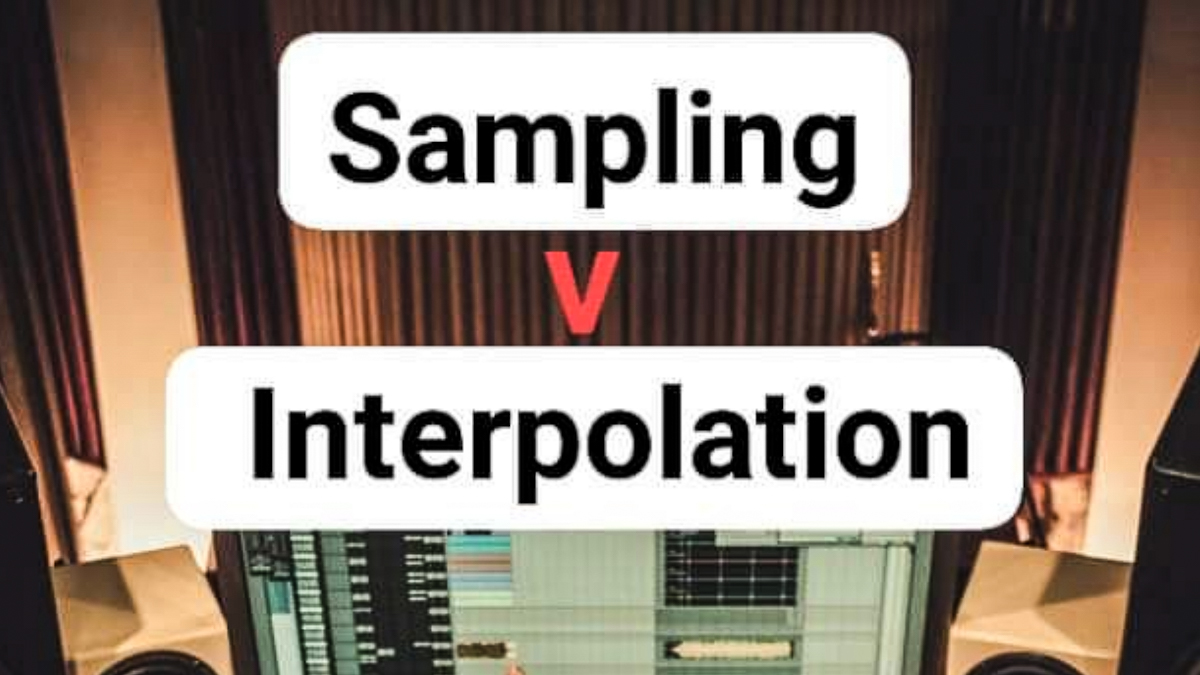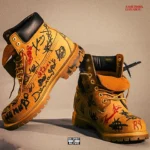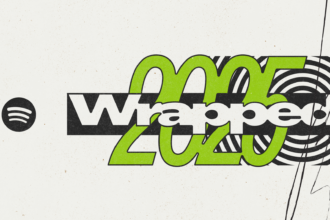Interpolation is using a melody or parts or portions of a melody (underlying composition) from a previously recorded song but re-recording or reproducing the melody to sound like the original.
Sampling is reusing a snippet or portion of an original song (master recording and composition) and incorporating it into your recording.
This means there is a portion of an original recorded song in or as part of a new recording.
So for instance, if you replay the melody of Nii Okai’s “Moko Be” into your own recorded song, it is interpolating.
However, if you literally copy part the original version and paste into your own recorded song it is sampling, no matter how you change the pitch or BPM of the sample when engineering your song.
It is important to distinguish between the two due to copyright claims or breach, thus the need for clearance.
Copyright gives ownership to the creator or owner of creative work, music in this case.
Clearance is seeking permission and obtaining a license for the use of work so its copyright is not infringed.
(Remember, one does not necessarily need to register a creative work to own it. The mere creation onto medium grants the creator rights).
Sampling is allowed in music production. It is an admired skill or art in some genres.
The experimentation of sampling soul, funk, and reggae records inspired the foundation of HipHop.
Nevertheless, sampling requires clearance from the copyright owner of the:
i) sound recording (masters), usually owned a label or an artist
AND
ii) underlying composition, usually by a publisher or producer and/or songwriter.
Interpolation as well is allowed in music production or recording. However, it must be cleared from the copyright owner of the
i) underlying composition ONLY (usually owned by a publisher or producer/composer).
“So does one pay to clear a sample or interpolation? If so, how much?”
It depends on the copyright owner or administrator (publisher) and how much depends on the evaluation and negotiation by the copyright owner and those requiring the clearance.
In some cases, clearance involves only an upfront payment while others require upfront payment with related royalties apportioned in %.
Where any form of clearance does not require payment, a legal document needs to be obtained regardless.
Sampling is a risky path to take in production as clearance can be a difficult endeavor – clearance can be denied or take a long time, from months to years, to be given.
There is a popular production phrase in the music industry which goes like, “Failure to clear is to be sued.”
There are a few considerations from sampling and clearance legal tussles that have had a relevant impact on the music industry when it comes to sampling.
Such considerations to be highlighted in the second part of this piece.
THANK YOU for constantly reading our stories. Kindly like, comment and SHARE stories on all social media platforms for more entertaining updates!
































